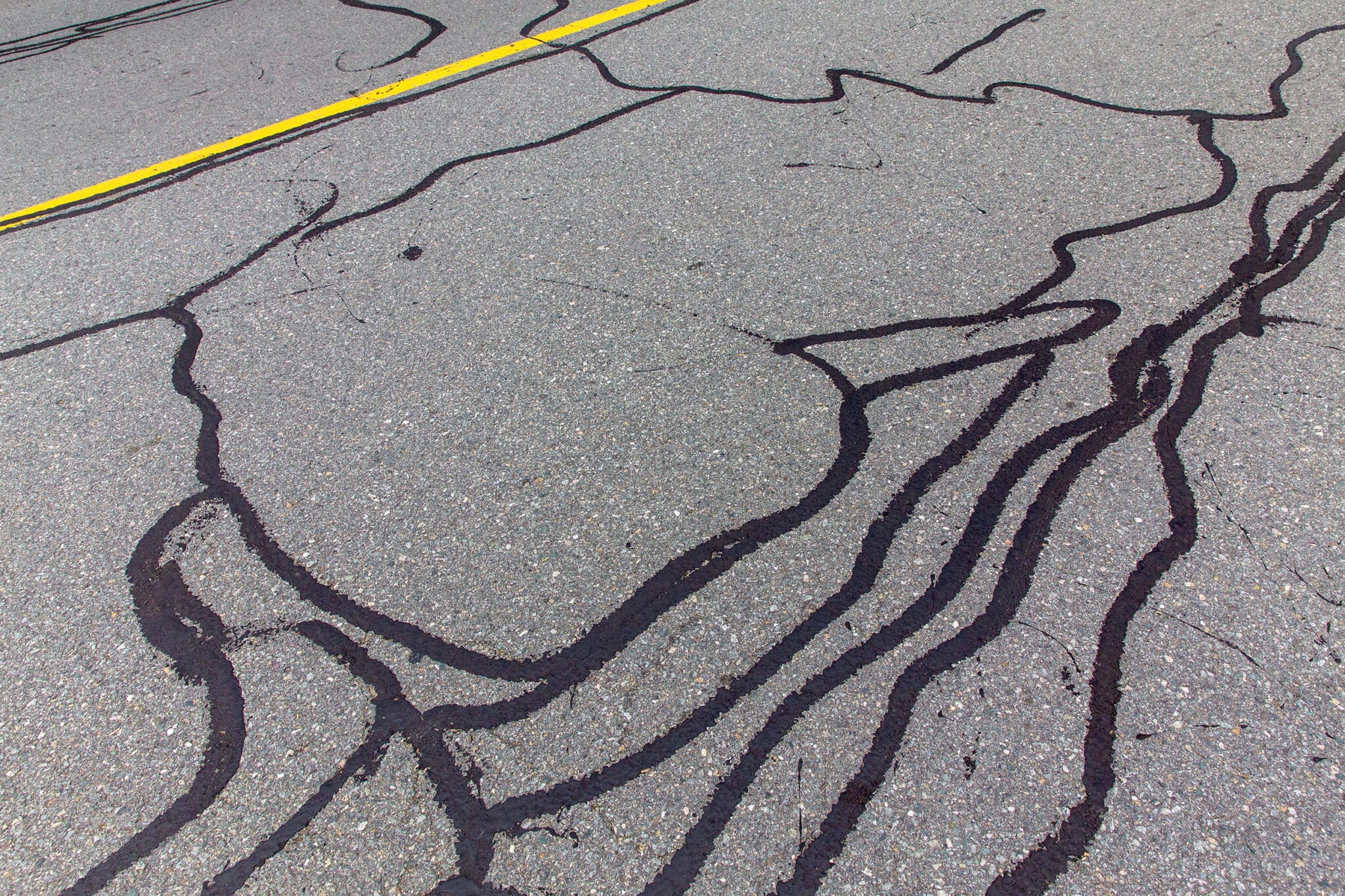Reliable Asphalt Repair: Cold Mix Sealing Techniques Introduced
Reliable Asphalt Repair: Cold Mix Sealing Techniques Introduced
Blog Article
Cold Mix Asphalt Vs. Hot Mix Asphalt: Which Is Right for You?

Make-up Differences
Cold mix and warm mix asphalts differ substantially in their make-up, with distinct attributes that impact their performance and applications. Cold mix asphalt is created by emulsifying the asphalt binder with water and an emulsifying representative before mixing it with aggregate. This approach permits the asphalt to be workable at lower temperature levels, making it perfect for momentary fixings and for usage in cooler weather conditions. Hot mix asphalt, on the various other hand, is made at high temperature levels, generally between 300-350 ° F, which assists to attain far better compaction and a more durable end product. The hot mix asphalt production process includes warming the accumulation and asphalt binder independently prior to combining them at the asphalt plant.
Moreover, chilly mix asphalt has a tendency to be much less thick and a lot more adaptable than warm mix asphalt. This versatility makes it much better fit for areas with greater degrees of activity, such as driveways or roads with rush hour. On the other hand, warm mix asphalt is known for its high longevity and resistance to rutting and fracturing, making it a recommended selection for highways and high-traffic roads where longevity is crucial.
Installment Refine Variations
The process of setting up chilly mix and hot mix asphalt exhibits remarkable differences in their requirements and treatments. Cold mix asphalt, being a much more flexible product, can be applied straight from the bag or container onto the pothole or harmed area. It requires marginal preparation work, such as cleansing the area and condensing the chilly mix with hand devices. This makes it a practical option for temporary and fast fixes. On the other hand, hot mix asphalt demands a much more elaborate installment process. It involves heating up the mix to heats before laying it down on an effectively prepared base. The preparation consists of compacting the base, using a tack hop over to here coat, and making use of heavy equipment like pavers and compactors for a resilient and smooth finish. Because of the home heating demands, warm mix asphalt installations are commonly executed by specialists with customized equipment, ensuring an extra permanent and structurally audio result.
Longevity and Long Life Elements
When considering asphalt options, durability and longevity are essential factors to review for enduring pavement efficiency. Hot mix asphalt (HMA) is known for its exceptional longevity and durability.
In terms of durability, HMA generally outperforms CMA as a result of its exceptional strength and resistance residential or commercial properties. HMA pavements have a longer life span, requiring much less frequent repair services and maintenance, which can equate to cost financial savings over time. Furthermore, HMA sidewalks are much more conveniently adjustable to fulfill particular task requirements, additionally enhancing their toughness.
Cost Factors To Consider
Considering the monetary effects is an important facet when assessing the option in between hot mix asphalt (HMA) and chilly mix asphalt (CMA) for sidewalk tasks. While the initial expense of hot mix asphalt is usually greater than that of cold mix asphalt, HMA typically gives a more affordable remedy in the long run due to its remarkable longevity and longevity. HMA is known for its capability to stand up to rush hour loads and extreme climate condition, minimizing the requirement for frequent fixings and upkeep. On the various other hand, cool mix asphalt is more inexpensive in advance however may need more regular patching and resurfacing, resulting in higher maintenance expenses in time.
In enhancement to product expenses, it's essential to think about the expenses connected with installment and maintenance when contrasting HMA and CMA. Inevitably, the decision in between HMA and CMA should take into account not simply the initial expense yet additionally the long-term monetary effects to identify the most cost-efficient option for the particular sidewalk task.
Environmental Impact Contrast
Comparison of the environmental impacts between hot mix asphalt (HMA) and cold mix asphalt (CMA) reveals distinctive distinctions in sustainability techniques. HMA manufacturing calls for high temperature levels, leading to boosted power usage and greenhouse gas discharges.
In addition, the usage of CMA commonly involves recycling existing asphalt sidewalk, promoting source conservation and reducing the quantity of waste sent to land fills. By choosing for CMA over HMA, road building and construction jobs can contribute favorably to environmental preservation efforts.
Conclusion
Finally, the selection between chilly mix asphalt (CMA) and warm mix asphalt (HMA) depends on numerous factors such as structure, installment process, toughness, longevity, cost, and ecological influence. cold mix asphalt. While CMA uses a fast and cost-effective remedy for minor repair work, HMA makes sure premium resilience and durability for rush hour locations. Consider these aspects very carefully to establish which type of asphalt is the right option for your paving needs

Thinking about the financial implications is a crucial element when reviewing the choice in between warm mix asphalt (HMA) and cold mix asphalt (CMA) for pavement jobs. While the first cost of hot mix asphalt is normally greater than that of cold mix asphalt, HMA commonly gives a more affordable remedy in the lengthy run due to its superior sturdiness and long life. cold mix asphalt.Comparison of the environmental effects in between warm mix asphalt (HMA) and cool mix asphalt (CMA) discloses distinctive differences in sustainability practices.In conclusion, the option between chilly mix asphalt (CMA) and warm mix asphalt (HMA) depends on numerous aspects such as composition, installment process, longevity, see this site long life, price, and ecological impact
Report this page